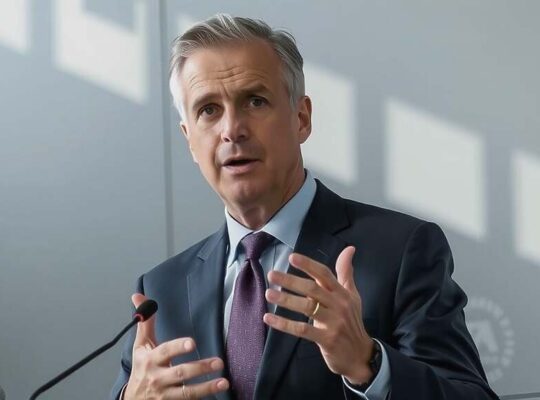The current German governing coalition, a partnership between the Social Democratic Party (SPD) and the Christian Democratic Union (CDU), has reached an agreement to maintain voluntary military service for the immediate future, while simultaneously establishing a legally binding recruitment pathway designed to address potential shortfalls in personnel. The move signals a cautious approach to reversing the 2011 decision to abolish conscription, reflecting ongoing concerns about the readiness of the Bundeswehr amidst rising geopolitical tensions.
Defense Minister Boris Pistorius underscored the coalition’s belief that a voluntary system can succeed, citing the experiences of other European nations, particularly in Scandinavia, where attractive recruitment packages have bolstered participation. He emphasized the critical need for comprehensive “musterings” or assessments, of each cohort to accurately gauge recruitment potential and identify any areas of deficit. This data-driven approach suggests a commitment to continuously evaluating the effectiveness of the voluntary system.
However, the inclusion of a “binding recruitment pathway” introduces a significant element of conditional obligation. CDU parliamentary group leader Jens Spahn articulated a desire to “inspire” young Germans to serve their country, but conceded that a compulsory element must be considered should voluntary recruitment fall short. His statement, “We will have more obligation within the voluntary system” hints at a pragmatic compromise acknowledging the challenges of attracting sufficient personnel through purely voluntary means.
The plan includes a strengthened reporting mechanism, requiring regular updates to the Bundestag regarding the recruitment status of potential recruits utilizing a structured development pathway. This transparency is intended to hold the government accountable and facilitate informed parliamentary debate concerning the future of military service.
Adding to the complexity, the SPD, through parliamentary group leader Matthias Miersch, highlighted efforts to bolster existing voluntary service programs, a move seen by some as a preemptive strategy to proactively increase the pool of potential recruits. The planned expansion of 15,000 positions, bringing the total to over 100,000 places nationwide, indicates a recognition that the issue transcends simple compulsion and factors in a broader understanding of civic duty and national service.
Analysts suggest this agreement represents a calculated maneuver, delaying a potentially divisive debate about mandatory conscription while simultaneously laying the groundwork for its potential reintroduction should the voluntary system prove inadequate. The half-yearly reporting to the Bundestag will undoubtedly be a focal point of parliamentary scrutiny, providing a continuous barometer of the Bundeswehr’s recruitment challenges and the coalition’s ultimate trajectory regarding compulsory military service.












